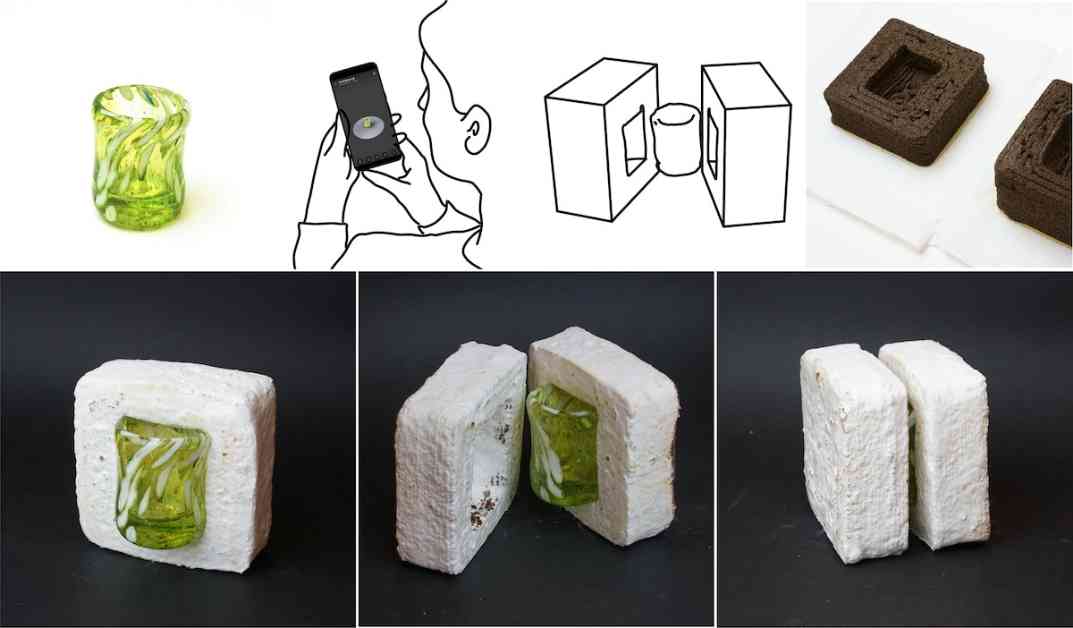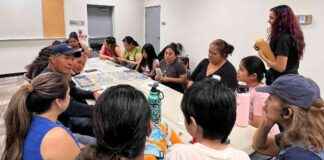Researchers have developed an innovative, eco-friendly packaging material made from a unique combination of coffee grounds and mushroom spores. This groundbreaking discovery offers a sustainable alternative to traditional plastic materials, opening up new possibilities for environmentally friendly packaging solutions.
The idea for this compostable material emerged from a simple observation by Danli Luo, a doctoral student at the University of Washington. While making espresso at home, Luo noticed the abundance of discarded coffee grounds and saw an opportunity to repurpose this waste into a valuable resource. Teaming up with co-author Junchao Yang and senior author Nadya Peek, Luo embarked on a journey to transform coffee grounds into a versatile, lightweight material that could rival plastic in durability and functionality.
To bring their vision to life, the research team combined used coffee grounds with spores from Reishi mushrooms, along with brown rice flour, water, and xanthan gum, creating a paste known as Mycofluid. This innovative material was specifically engineered to be compatible with 3D printing technology, allowing for the creation of intricate designs without the need for traditional molds.
Utilizing a custom-designed printer head, Luo and her colleagues were able to produce a variety of objects, including shipping packaging materials, a vase, a small statue, and even a miniature coffin. The versatility and adaptability of this material make it an ideal choice for small businesses looking to enhance sustainability in their packaging solutions.
One of the key advantages of this coffee-and-mushroom material is its cost-effectiveness. The research team estimated that the hardware required for their experiments amounted to $1,700, significantly lower than other comparable solutions that could cost upwards of $7,000. While the scalability of the Mycofluid paste is currently limited by the uniformity of the coffee grounds, the researchers are optimistic about its potential for future development.
Looking ahead, the team aims to explore additional food waste materials that could be transformed into printable paste, expanding the range of sustainable options for 3D printing applications. By harnessing the power of bio-derived materials, such as other forms of food waste, the researchers hope to address the pressing issue of plastic waste and promote a more environmentally conscious approach to material production.
As the scientific community continues to seek innovative solutions to reduce waste and promote sustainability, projects like this coffee-and-mushroom material offer a glimpse into the future of eco-friendly technology. By harnessing the untapped potential of everyday resources like coffee grounds and mushrooms, researchers are paving the way for a more sustainable and environmentally responsible future.
In a world where environmental conservation is becoming increasingly critical, initiatives like this serve as a beacon of hope, inspiring individuals and businesses alike to rethink their approach to packaging and materials. By leveraging the power of nature and innovation, we can create a more sustainable world for future generations to enjoy.














